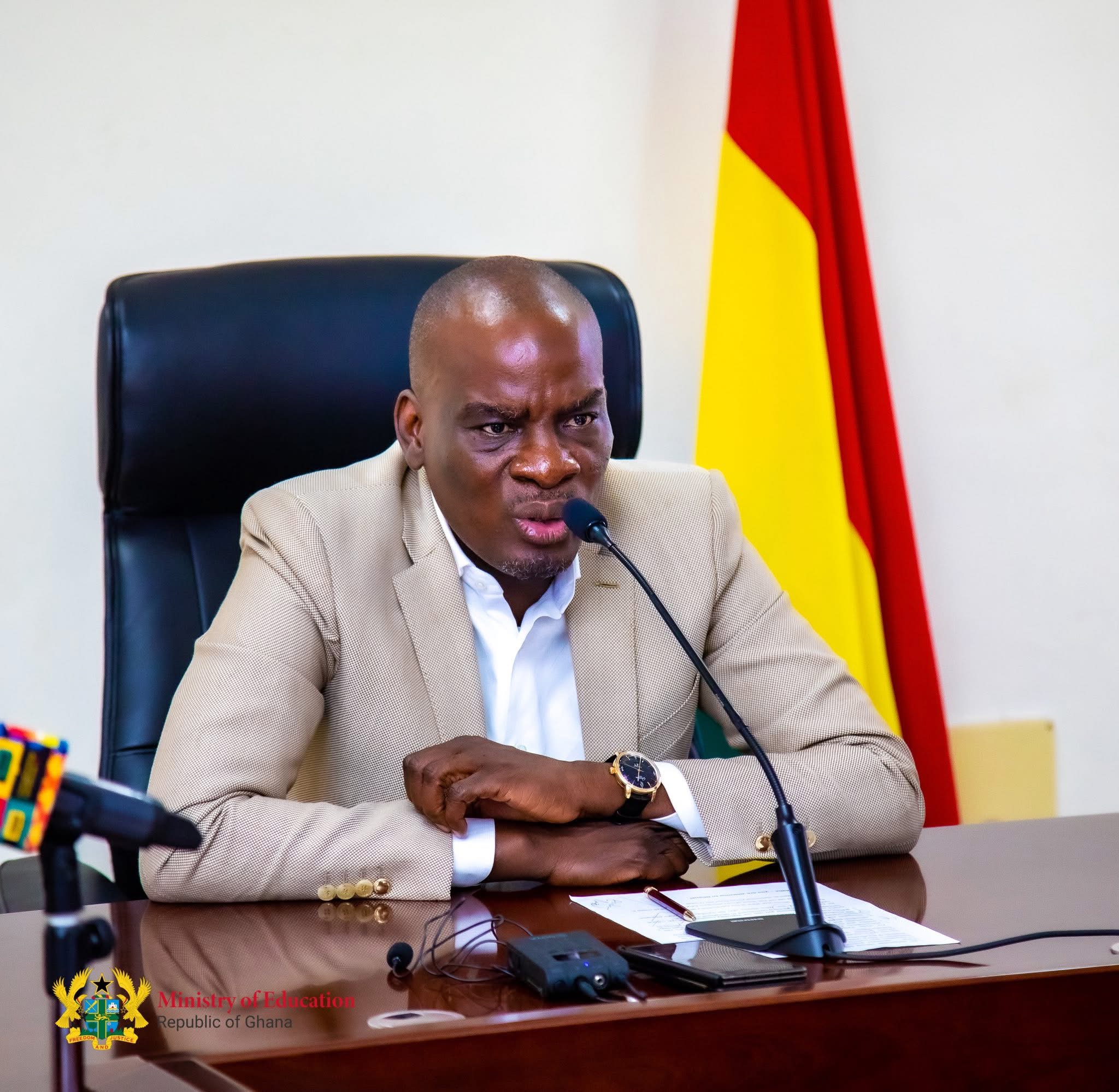In a landmark shift in national education policy, the Government of Ghana has announced that local languages will now serve as the primary medium of instruction in all schools across the country, replacing English.
The new policy, confirmed by Education Minister Haruna Iddrisu, marks a major step toward what officials call a “reset” of Ghana’s education system. The goal, according to the Minister, is to improve learning outcomes by allowing children to learn and express themselves in the languages they understand best.
“We are resetting our education system to ensure that our children learn in their mother tongue — the language of their immediate environment,” Iddrisu said during a policy briefing in Accra. “Research has shown that children learn faster, think better, and perform more confidently when taught in the language they speak at home.”
The Ghana Education Service (GES) has been directed to begin full implementation of the policy, including teacher training and curriculum adjustments to reflect the linguistic diversity of Ghana.
Read Also: Alan Kyerematen Accuses NPP Leadership of Arrogance, Claims the Party Has Been Hijacked
Background and Rationale
For decades, English has been the dominant language of instruction from the lower primary level through to tertiary institutions. However, many education experts and child psychologists have long argued that using English as the main teaching language — particularly at the early stages — has hindered comprehension and literacy development for children who grow up speaking local languages.
This reform aligns with UNESCO’s recommendations for mother-tongue-based education, which emphasize that foundational learning is strongest when children begin school in the language they know best.
Implementation Challenges
While the policy has been widely praised for its cultural and educational significance, it also raises logistical questions. Ghana has over 80 local languages, with about 11 recognized for education by the Bureau of Ghana Languages. Authorities will need to address issues such as:
- Training and reorienting teachers to teach in local dialects
- Producing textbooks and learning materials in multiple Ghanaian languages
- Ensuring regional consistency and equity in language application
Education experts have suggested starting with Akan, Ewe, Ga, Dagbani, Nzema, Dagaare, and Gonja, which already have teaching materials developed at the basic level.
Broader Cultural and National Impact
Beyond classroom learning, the initiative is seen as a bold cultural revival — one that strengthens national identity and preserves indigenous languages that are gradually fading from daily use.
“Language is not just a means of communication; it is a vessel of culture, history, and identity,” said Dr. Lydia Adjoa Mensah, a linguistics lecturer at the University of Ghana. “This policy could help Ghana reclaim its cultural pride while improving academic outcomes.”
What Happens Next
The Education Ministry has scheduled a phased rollout of the policy beginning with kindergarten and lower primary levels, before extending to higher grades. The government has also pledged to collaborate with local publishing houses, linguistic experts, and teacher unions to ensure a smooth transition.
